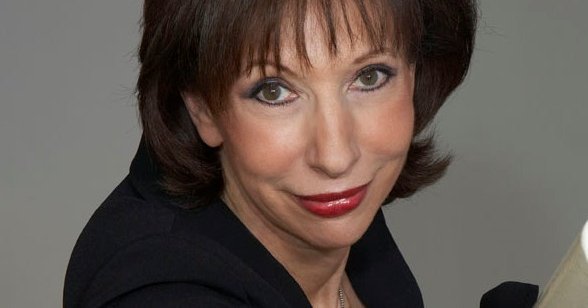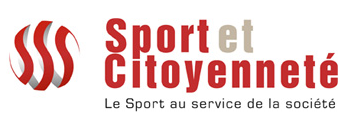“For more enthusiastic European citizenship”
How would you define the concept of European citizenship?
MG-R: The notion came into being with the Treaty of Maastricht in 1992. It complemented the vision of a great, united community forming a single market guaranteeing the free movement of goods and individuals. The only condition was to be a citizen of one of the EU member states and it guaranteed certain rights: to move, stay, work and study in another state.
It is easy to see that this definition is inadequate now, considering the changes over the last twenty years which make it essential for Europe to demonstrate its values. In the face of these changes, European citizenship should be a motive force to ensure that young people today feel themselves to be as much European as citizens of their native country. As well as knowing their rights, they need to be conscious of their responsibilities, starting with the transmission of the moral, historical and intellectual heritage left by the slow, painful and exceptional process of building a community of peace and social, economic and environmental success.
It should be conveyed by the pleasure of feeling at home after crossing a frontier within the Union, because of shared values, a shared hope of a common future and the conviction that we have chosen the right pathway to success in spite of the obstacles!
Taking the words of your motto, how can we “Live Europe” better in the future?
MG-R: We have observed the very positive effect of exchanges which produce a true immersion in another EU country. The experience is particularly significant for young people from difficult or isolated backgrounds. Our Foundation has always made interchange and exchanges criteria for choosing projects to support, because they have a multiplier effect. People who have crossed frontiers to enjoy meeting and learning about other people and other cultures are the best advocates. We need to ensure that these opportunities increase and become more readily available to all.
Perhaps sport is a useful vehicle in this field….
MG-R: Yes, because it brings people together and has an important multiplier effect.
Sport involves the values of effort, self respect, respect for others and discipline, and these are integral parts of the heritage Europe should be protecting and passing on. Sport also involves excelling oneself, competition and confrontation. Vigilance is therefore required to make sure that personal fulfilment is not at the expense of tolerance and respect. Sporting events should above all be about meeting others and celebrating!
This year we are supporting the “Run for EurHope” project from the European Friends of Géry Freemann organisation, which invited 416 young people to give their energy to the European ideal in a 27 x 400 metre relay, and the project patron is Medhi Baala, twice European athletics champion. This project illustrates our objectives, which I think we share with your organisation. In my opinion there is no doubt that sport can make a major contribution to the realisation of a European citizenship which we think should be less abstract, more visible and more enthusiastic.



Follow the comments: |
|
